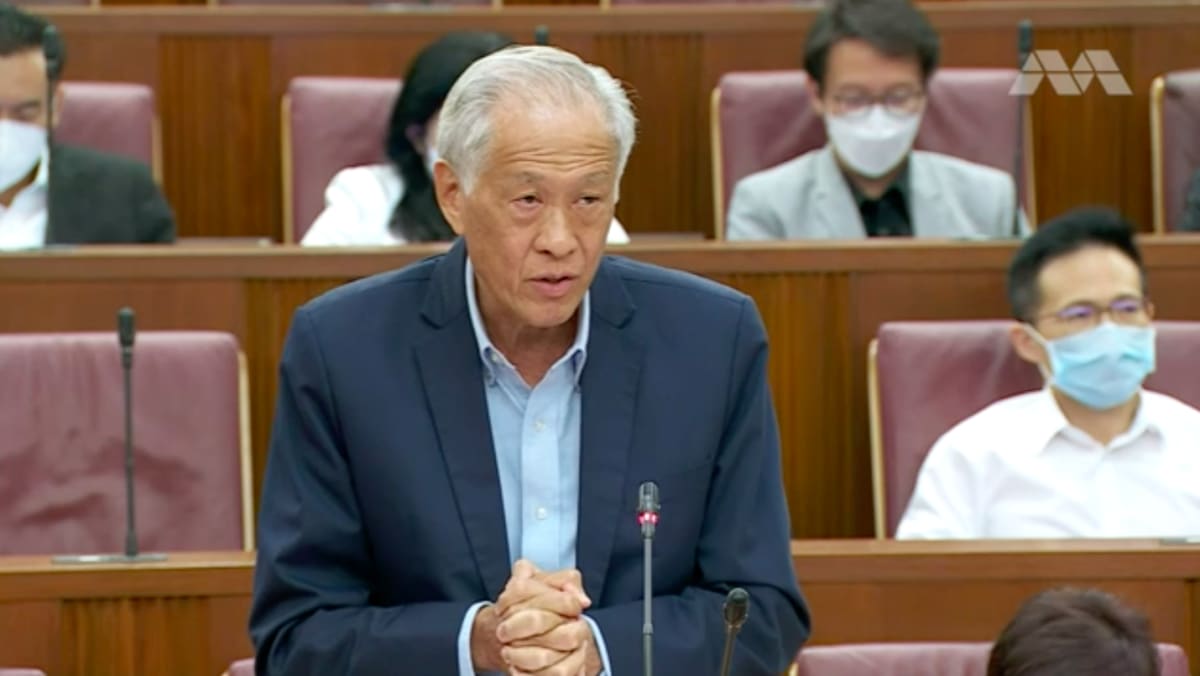Parliament Panel May Summon Apple Officials Over ‘Hacking’Say Sources –
1 November, 2023 | Srishti Ruchandani

The committee’s secretariat has expressed ‘deep concern’ and is treating the matter with the ‘utmost seriousness’,” the official said.
The Parliamentary Standing Committee on Information Technology (IT) is reportedly considering summoning Apple officials for an upcoming meeting to address recent alerts related to “state-sponsored attacks” sent to Opposition leaders and other public figures in the country on their iPhones, citing an official from the committee’s secretariat. The committee’s secretariat has expressed ‘deep concern’ and is treating the matter with the ‘utmost seriousness’,” the official said.
This issue came to light when several Opposition leaders claimed to have received notifications from Apple regarding “state-sponsored attackers” attempting to compromise their iPhones, and they accused the government of being involved in hacking. The government has denied these allegations and has stated that a thorough investigation will be conducted.
Shiv Sena (UBT) MP Priyanka Chaturvedi, Aam Aadmi Party’s (AAP) Raghav Chadha, and some aides of Congress MP Rahul Gandhi also received the message from Apple.
Some others who received similar alerts included think-tank Observer Research Foundation (ORF) president Samir Saran, an OSD of Delhi Chief Minister Arvind Kejriwal, and The Wire’s founding editor Siddharth Varadarajan.
Apple, in response to the controversy, issued a statement clarifying that they did not attribute the threat notifications to any specific state-sponsored attacker and suggested that the notifications might be false alarms.
The government expressed its concern and confirmed the initiation of an investigation into the incident. They also noted that Apple had issued a similar advisory in nearly 150 countries, and the alerts were considered vague in nature.
IT minister Ashwini Vaishnaw rejected the opposition’s attack on the government, saying the “compulsive…



